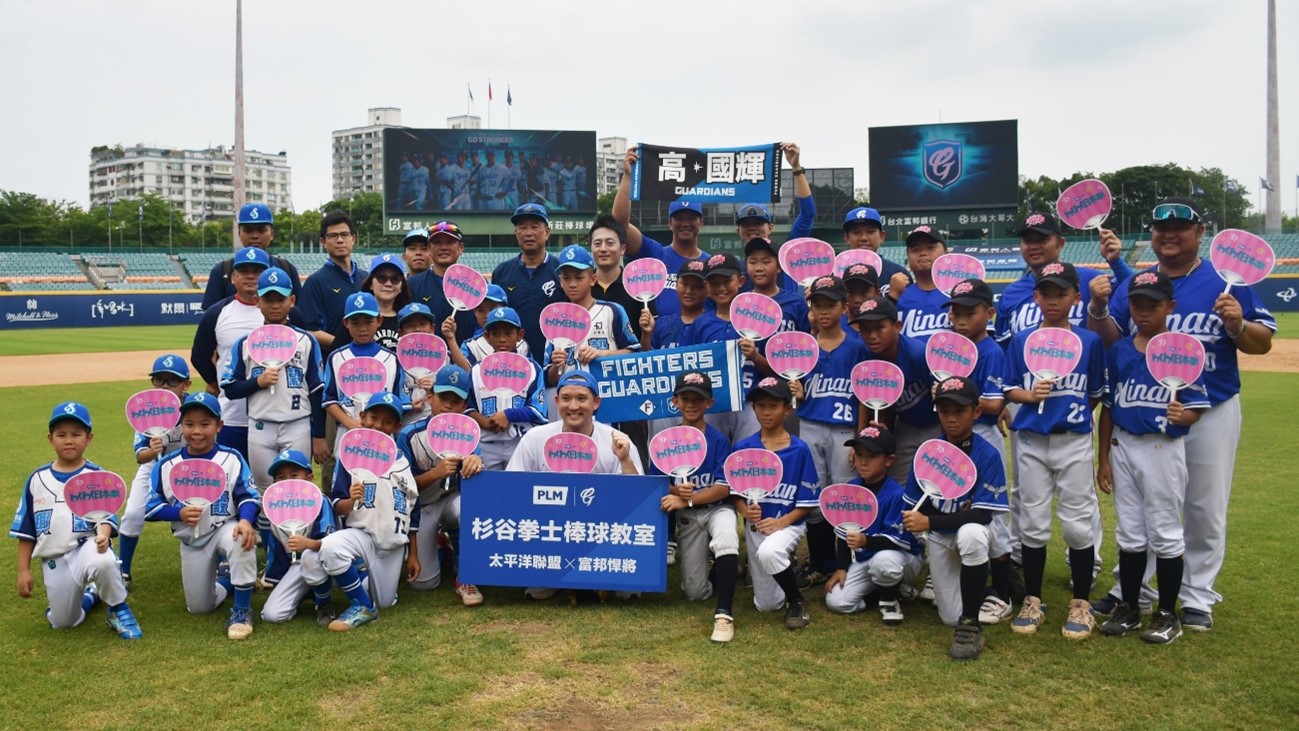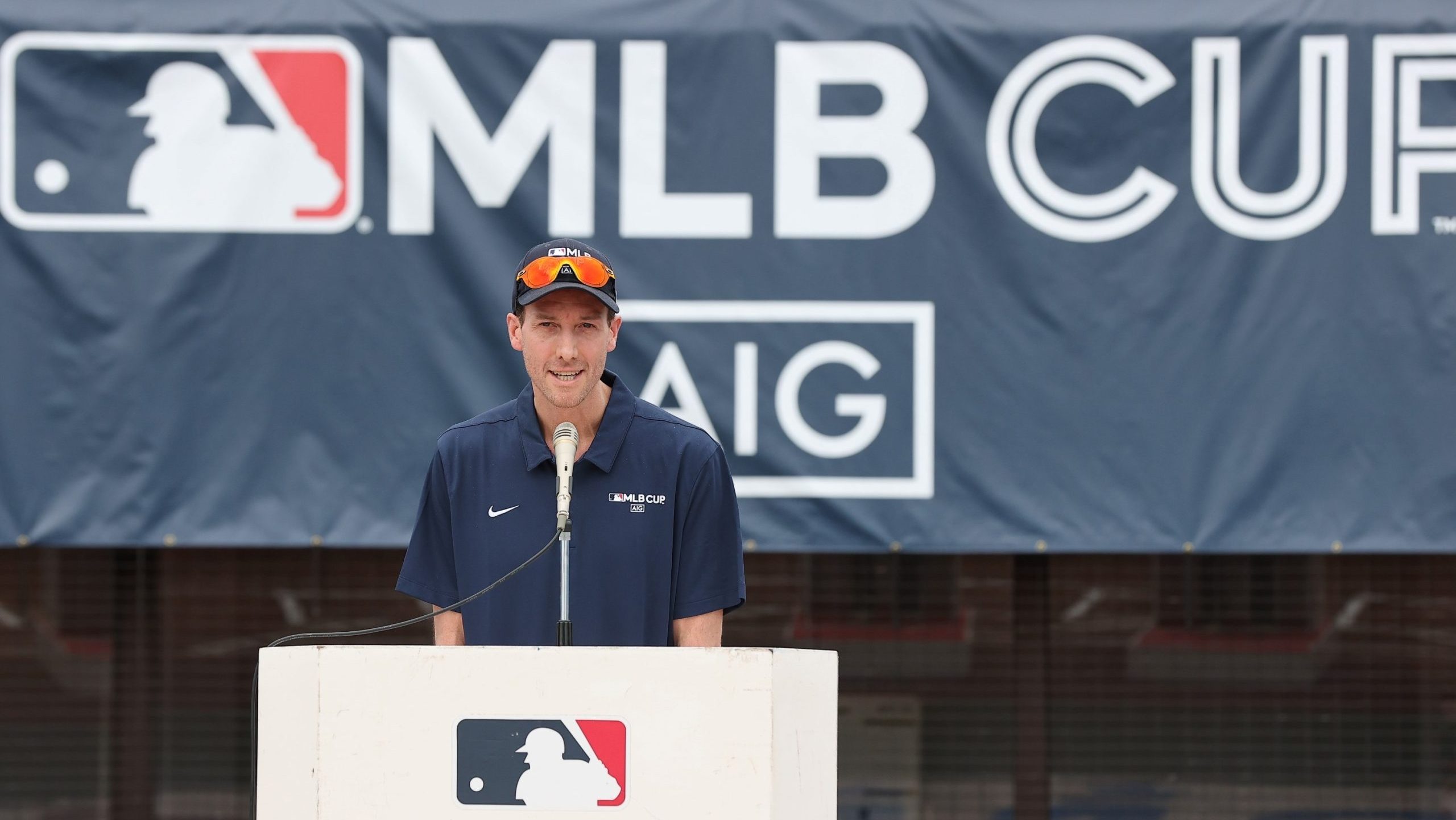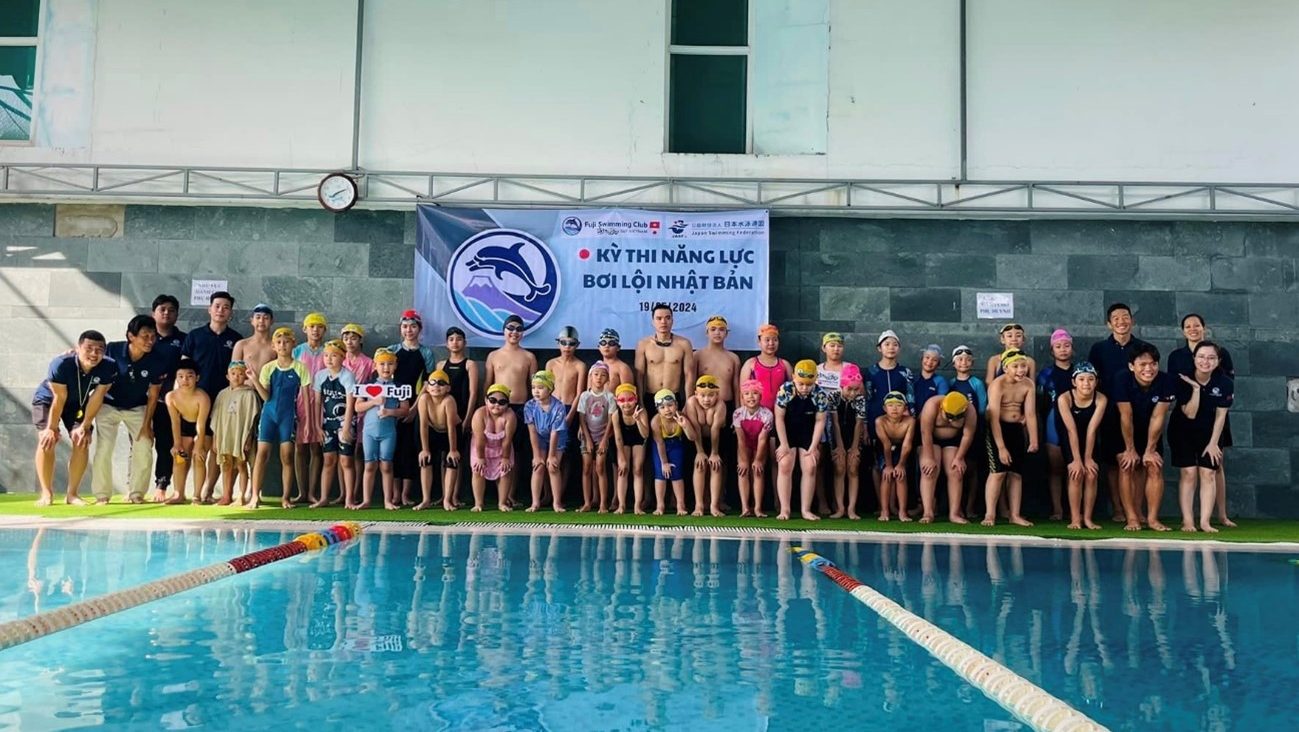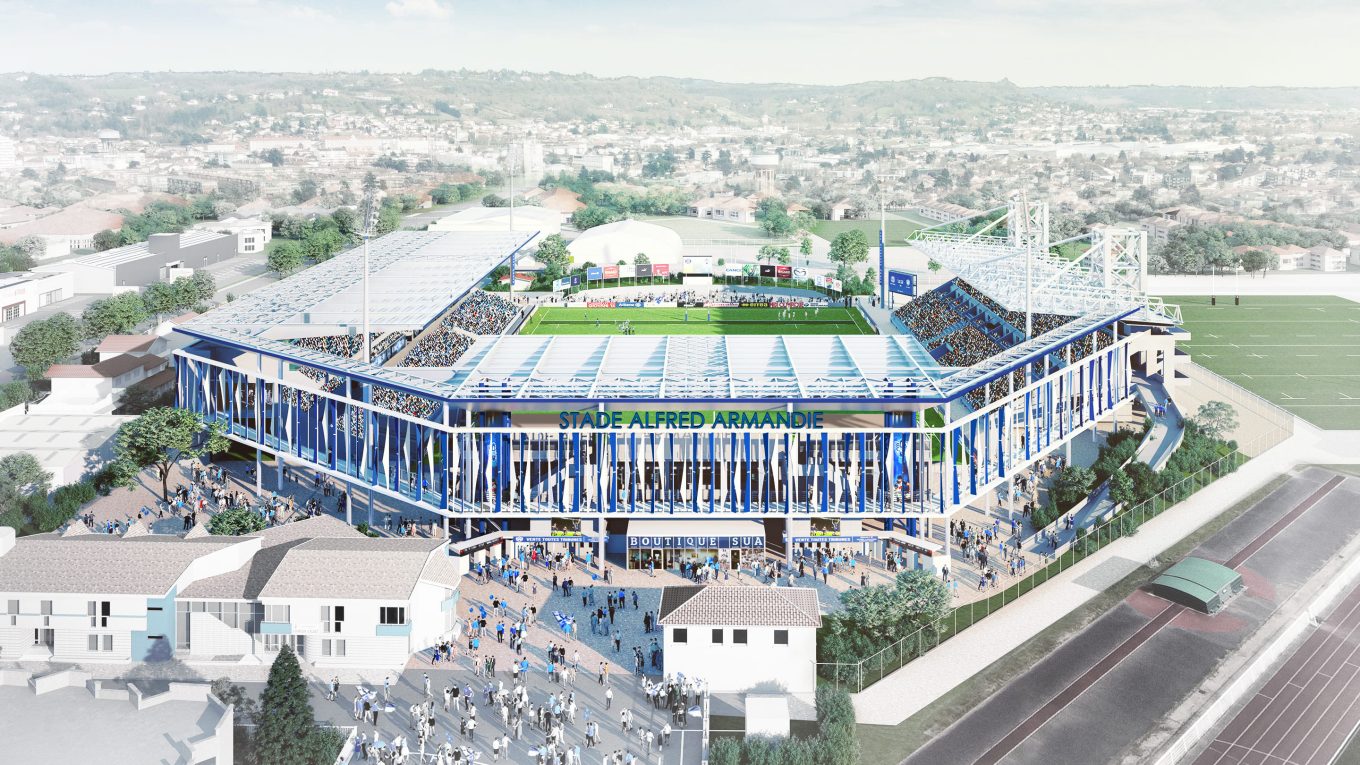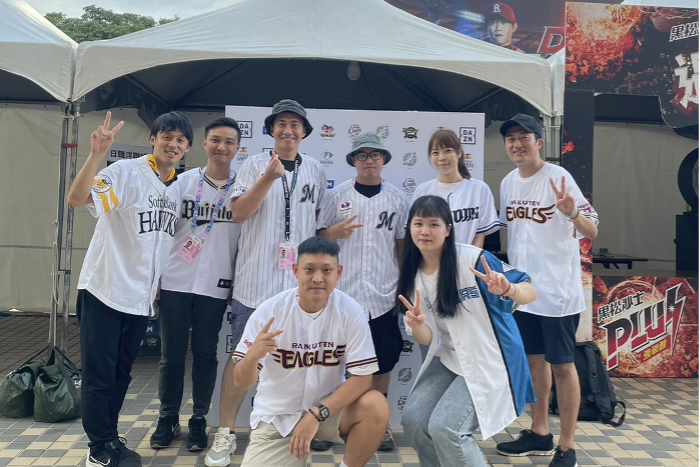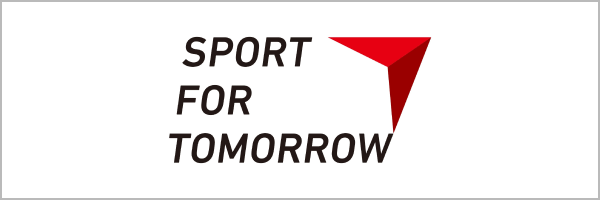
MILOQS Inc. offers “renewro”, a service using virtual reality (VR) technology that enables organizations to solve workplace stress issues on their own. The start-up has introduced this service to multiple private companies, leveraging a unique stress management strategy based on clinical psychology and neuroscience.
Reviewing their data, the team discovered that their VR goggle training enhances trainees’ ability to focus more effectively on the tasks at hand. MILOQS sees broader potential, believing that their training system also helps athletes get into a “flow” state, where they can perform at their peak.
The company demonstrated the effectiveness of “renewro” through trials with Japanese sports teams, entering the sports industry. They are now planning to expand their business globally.
Before and After Training :
Significant improvement in heart rate and autonomic nervous system
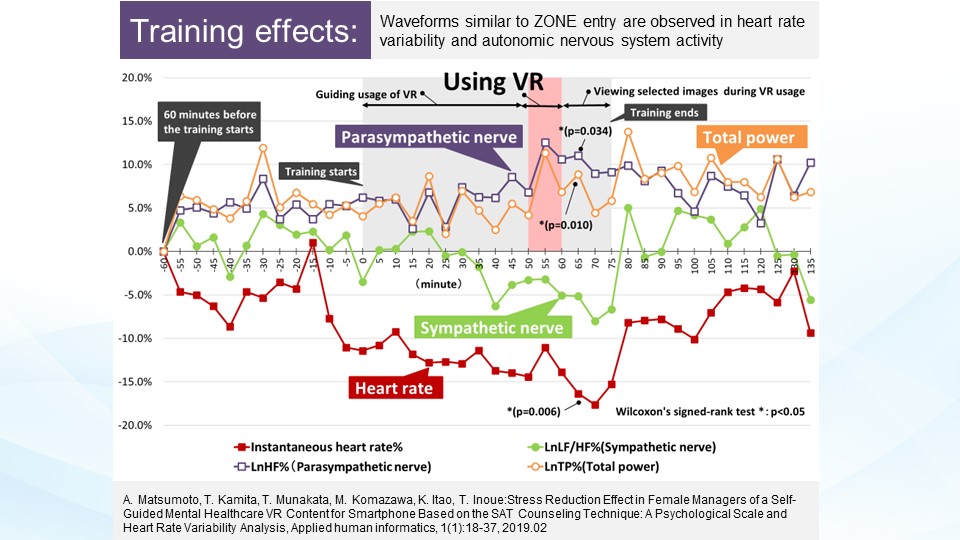
Introducing “renewro” in Sports to Improve Ability to Deal with Stress
MILOQS’s vision is to provide technology that visualizes the mechanisms of the mind and stress, enhancing self-reliance and enabling people to independently cope with stress by integrating healthcare science and information technology (IT). Their flagship service “renewro” aids private companies in addressing organizational challenges by integrating neuroscience with coaching strategies that enhance team performance and engagement.
“renewro” identifies individual challenges by measuring psychological characteristics or traits and applying its unique analytical methods grounded on clinical psychology. Based on these insights, users engage in MOODSWITCH, a VR goggle training app specifically designed to strengthen their resilience to stress.
This training changes the brain’s response circuits that anticipate failure and cause stress. Players are guided to visualize challenging situations, then switch to a positive state by easing the brain’s negative responses, and finally visualize ideal movements. This process helps them learn to control their brain’s reactions to external situations by altering the images that subconsciously form in their minds.
Realizing Effectiveness in Sports through Joint Experiment with Women’s Ice Hockey Team
MILOQS conducted a joint experiment with a Japanese women’s ice hockey team. The team hoped to rebuild itself in the short time before the regular season started. Their head coach wanted to encourage the players to be more independent.
First, MILOQS conducted an organizational assessment and measured the psychological distances between team members, evaluating how well the team members work together. They charted each player’s level of self-esteem on the horizontal axis and their tendency towards self-blame or blaming others on the vertical axis. When compared to men’s hockey teams, they discovered that the psychological states of the players varied more widely. This indicates that the team needed to improve their collaboration.
Next, the researchers analyzed psychological characteristics or traits. They found that the amygdala of defenders, a key processing center in the brain for emotions, reacted more than those of forwards. When a player's amygdala is more sensitive, they are more likely to experience stress in response to fear or anxiety.
They focused on improving the defenders’ performance in the experiment by implementing VR training and one-on-one coaching. In VR training, they aimed to calm the amygdala response and create positive neural pathways by visualizing ideal images of overcoming difficulties when playing a game. During the subsequent one-on-one coaching, they identified each player's challenges, set goals, and encouraged the defenders to experience team success. This process was repeated several times to reinforce the desired outcomes.
As a result, one of the players realized they had been too hard on themselves when they made mistakes. After working on this habit, they significantly reduced their errors. The following organizational assessment showed that they had gained greater independence. In terms of quantitative results, the defenders scored 3.2 times the number of goals after the training and coaching compared to before.
Going Abroad with Language-Independent Service
The “renewro” service presented by MILOQS is visual training with VR goggles that does not rely on language. With just translated coaching questions, it can be used in any country. The company plans to expand into overseas markets. Their initial focus will be on East Asia, where a large number of people have genes that make them likely to feel anxiety and share similar cultures with Japan.
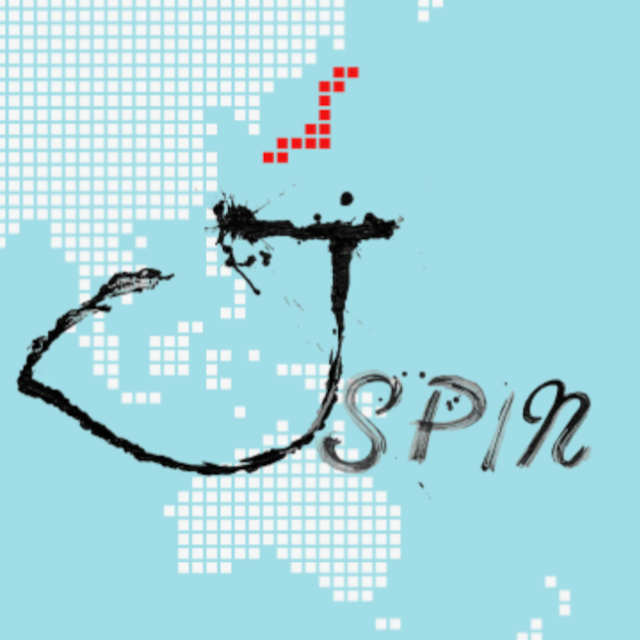
◇ Administration office of JSPIN
JSPIN provides opportunities for networking between sports industry in Japan and around the world.
Note: This article was originally published in Japanese on Apr 19, 2024. The original article can be accessed here.

